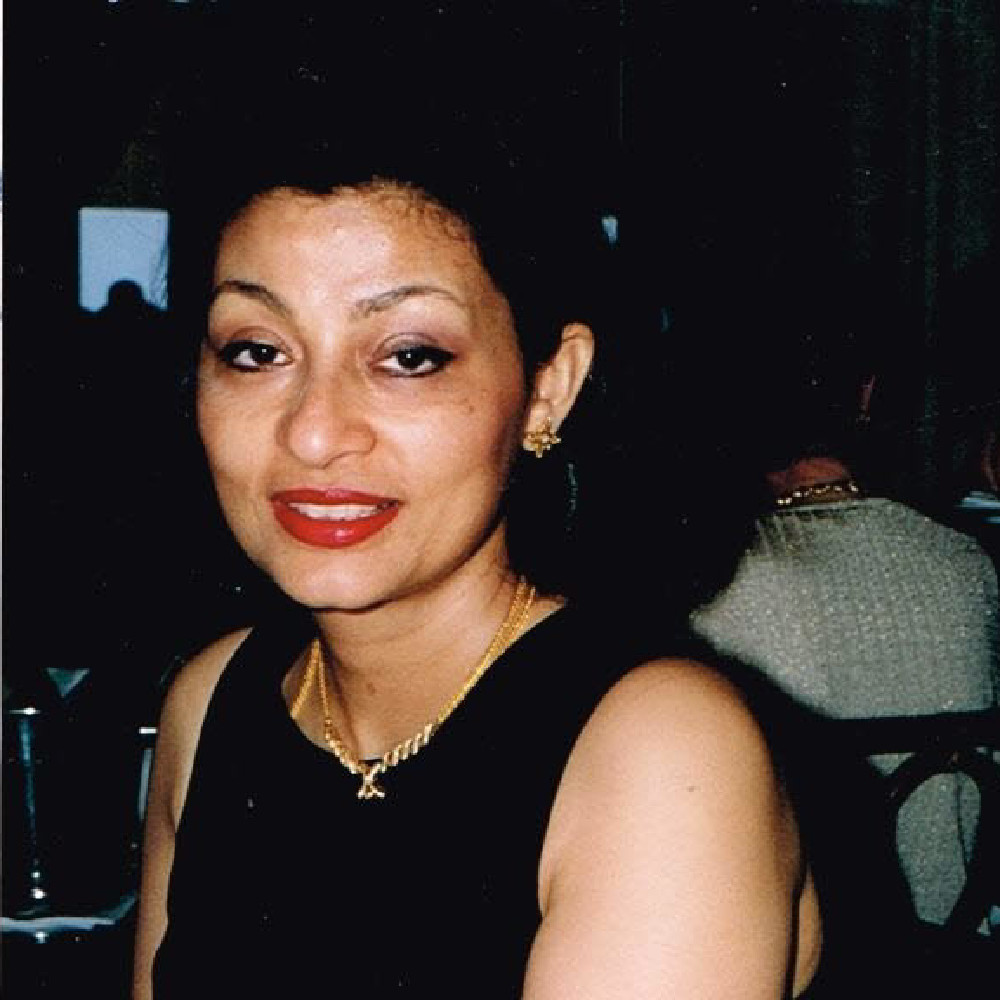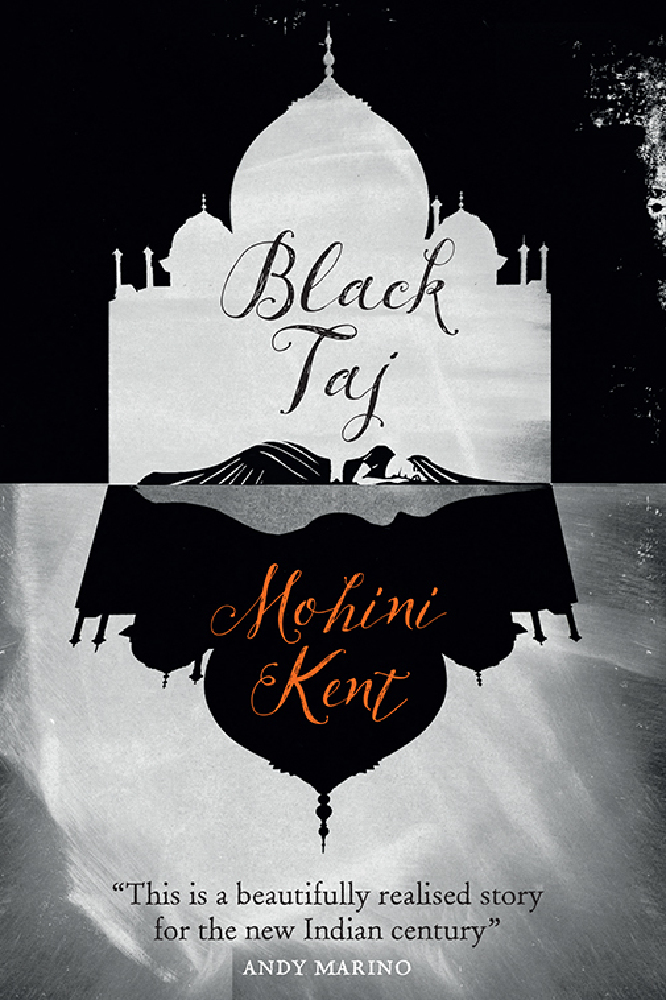Who am I? Am I this body that changes all the time, or am I the seething emotional self? Emotions keep a human being on the boil, the Buddha said.

Mohini Kent
Today, a person is expected to hold down a full-time job, donate one's time and talents to helping others, remember the birthdays of Facebook friends, and lots more. The internet is an amazing place for information, but the web also exposes us to worldwide conflicts and anxieties, and it's difficult to switch off. I am constantly being told what to think by the media, the government, my society, friends and family. Second-hand thoughts, garnered from TV, magazines and other people. Multi-tasking makes it difficult to concentrate on one thing at a time.
Mindfulness brings our minds back to the present moment. The Buddhist practise of mindfulness is spreading fast in the West, and is seen as a useful stress-buster and tool for obtaining peace and happiness. For example, thousands in the West are flocking to the Mindfulness Based Stress Reduction (MBSR) courses, and that is only one of the many options. There's even a Mindfulness group in the British House of Lords.
But what does it mean in actual terms?
- Wake up mindfully. The instant you wake up, you are happy. But almost immediately, anxieties and problems crowd into the mind. Sages say that man's true nature is happiness, so try to hold on to that feeling. Smile and welcome the new day of your life.
- Look into the mirror consciously, instead of automatically. Whilst getting dressed, LOOK at yourself in the mirror, and appreciate who you are. Often, we don't love ourselves and are too critical. " Loving oneself is the foundation for loving another person." Thich Nhat Hanh
- Eat your banana/apple mindfully. The single apple on your plate has been made by the sun, the rain, the earth and the air combined. " Drink your tea slowly and reverently, as if it is the axis on which the world revolves.." Hanh Nhat Thich
- Walk consciously. Put your best foot forward with each step. "Walk as if you are kissing the Earth with your feet." Thich Nhat Hanh.
- Our relationships help us to work out the knots in our own nature. A difficult partner has come into your life to make you measure up to yourself: you can become more than you are at present. Stop and reflect before you react angrily, hastily. This is the earth school in which we work out our Karma.
- Parents and siblings too are here to help us evolve. We learn about Nature's evolution but don't believe it applies to us. Well, it does. Difficult relationships with a mother, father, sister, brother, are here to teach us to understand ourselves better. Stop, reflect, meditate on what's happening, and visualize a happy outcome before meeting that person. Once there, pause and take a deep breath before responding. Respond, don't react. "When another person makes you suffer, it is because he suffers deeply within himself, and his suffering is spilling over. He does not need punishment; he needs help. That's the message he is sending." -Thich Nhat Hanh
- Respect each object in nature, in your wardrobes, in your homes. Material objects too have consciousness, so handle every object with care as long it is with you. We live in a throw-away culture, with fashions changing every season, and have no regard for them. Change that attitude.
- Cultivate mental culture, which includes facing up to our destructive emotions such as unhappiness, suspicion, envy and anger. They weaken us. HH The Dalai Lama talks about an Atlas of Emotions such as fear, anger, stress, sadness: " What people need to do is to learn how to counter their various emotions. Distraction is just a temporary measure. The longer standing remedy is, for example, to be able to see positive qualities in something or someone you otherwise see as negative. Since there is rarely any justification for destructive emotions, people need to become more aware of the causes of their emotions and how to apply antidotes to them."
- Life's journey is about meeting challenges, and they can seem overwhelming at times. Mindfulness puts them into perspective. Taking just one step at a time and living in the present reduces the burden. 'Don't cross all your bridges in one day' is a popular saying.
- Watch your breathe. That's the most direct way to mindfulness. Breathe in life, breathe out dead matter. Take a deep breath before you speak at a difficult meetings.You can watch your breath whilst walking, in office, in front of the TV or whilst doing your household chores. Breathe, breathe, breathe, live and rejoice.
We need to take time out for quiet reflection because only then can true wisdom dawn. That is also the message of Nagarjuna, the ancient Buddhist monk. My book, NAGARJUNA: The Second Buddha, is for lay readers, and explains the concepts of an empty mind and interdependence of existence. It is Nagarjuna's assurance to us that we can overcome suffering by silencing our minds. The key lies in personal effort. Buddhism is a truly rational religion that does not demand unquestioning faith and blind beliefs. It is eminently suited to the highly educated people of the 21st century.
Mohini Kent is Global Envoy in the UK of the International Buddhist Confederation (IBC). Her novel, Black Taj is out now. Published by HopeRoad.


